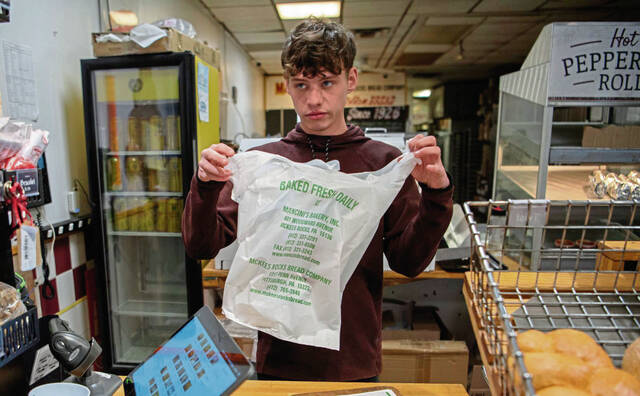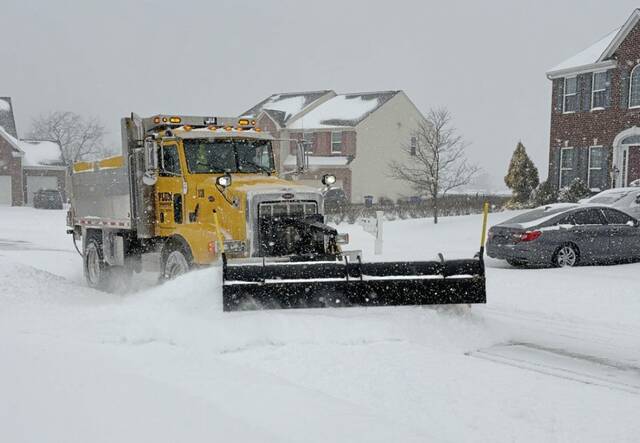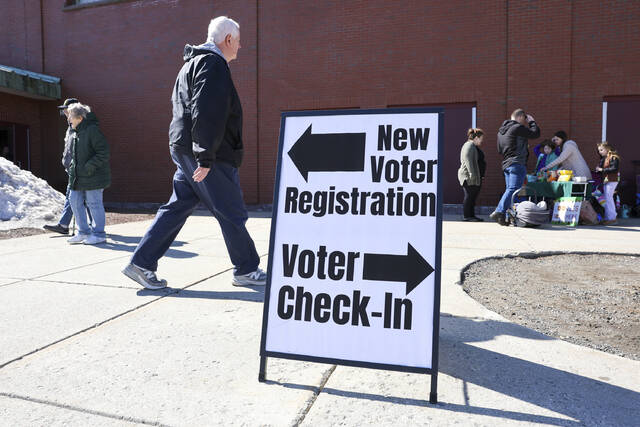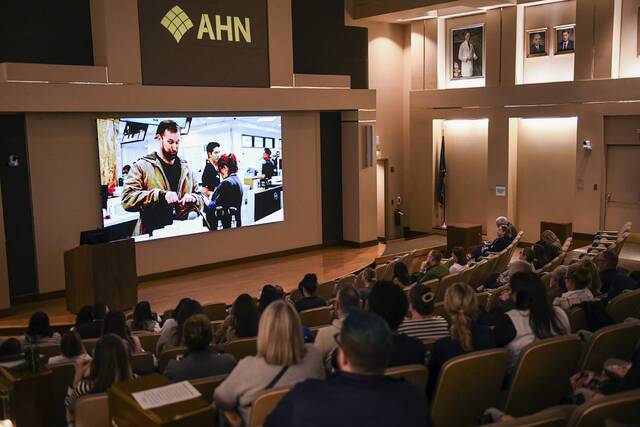A plastic bag ban may sound like a good idea. At the very least, it may sound like a good intention.
The purpose is to pull plastics out of the environment. Although people may differ in opinion over climate change, it’s harder to deny the impact of plastics on our world. The United Nations notes that 46% of plastic ends up in landfills, which is bad enough, but another 22% is dropped out in the world. It ends up in our soil, water and wildlife.
And the single largest source is single-use plastic packaging. That makes targeting single-use plastic bags for things like grocery stores understandable.
But does that mean Pittsburgh’s bag ban was smart? At best, it was not smartly executed.
That is evidenced by the frustration it has caused businesses and consumers.
The timeline has been slow. First proposed in 2021, it was finally passed in April 2022. It took effect in October 2023, yet enforcement began only in January.
There has been confusion that many attribute to a lack of clear communication from the city.
What is there to be confused about? Isn’t a ban a ban? Not quite.
For one thing, not all bags are banned. Grocery bags, yes, but other single-use bags such as those available to contain meat from the butcher department aren’t.
There’s also an accompanying charge for paper bags — which seems contradictory. That has led to some shops — like fast food purveyors — charging for paper bags when they shouldn’t.
“Of course a 10-cent fee shouldn’t apply to that bag,” Councilwoman Erika Strassburger, D-Squirrel Hill, the ban’s sponsor, said in October.
But one person’s “of course” is another person’s “I’m not sure.” While Strassburger said hiccups in the rollout were to be expected, it’s incumbent on council to anticipate those problems and write an accessible and understandable law that minimizes them.
It’s the Gainey administration’s job to be consistent and supportive with compliance. That should include better education of businesses not only about the existence of the ban but also the proper execution. TribLive reporting has shown that retailers do not understand their ability to use current plastics inventory or when to charge, and how much, for paper products.
Fines are not being assessed yet, which seems to make the January start date for enforcement irrelevant. But kudos to the city for not issuing those fines when the hiccups are ongoing.
Daniel Banko-Ferran is a University of Pittsburgh graduate student hired by Philadelphia to analyze its bag ban. He pointed to what is seen as the best option, which is on the consumer: reusable bags.
But Freedonia Custom Research earlier this year found that New Jersey’s single-use plastic bag ban showed otherwise. Although the state ban dramatically decreased the number of bags in circulation — down 60% — the amount of plastics consumed escalated, as reusable but still plastic bags increased by 600%. Those bags were used only two to three times before being thrown out like the single-use products.
The intention of Pittsburgh’s ban is admirable. But five months after implementation, the benefit is still a question.








